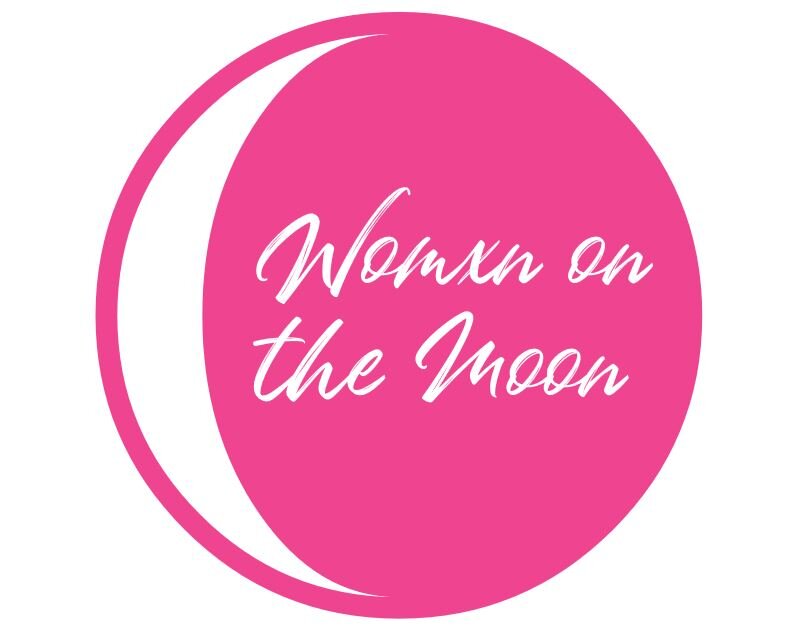For decades, Fannie Lou Hamer’s famous words have echoed across social justice movements: “No one is free until we are all free.” While this quote has been attributed to many activists over the years, including Martin Luther King, Jr., we know with certainty that this rally cry was born during the civil rights movement. Her words marked the hard truth that, historically, despite advancements for women, LGBTQ+ individuals, disabled humans, and other communities of color, the Black community has remained incredibly vulnerable in their fight for liberation, with many individuals sitting at multiple intersections of oppression.
As Juneteenth approaches, we are reminded that July 4th did not mark independence for every American, which pushed Black communities in the south to create their own celebrations centered in Black history, pro-Black movements, and Black joy. Juneteenth, which is also known as “Freedom Day,” “America’s second Independence Day,” or “Emancipation Day,” is celebrated on June 19th. This important day commemorates the emancipation of enslaved African Americans in the United States. On this date in 1865, Union General Gordon Granger arrived in Galveston, TX to announce the end of slavery—a full two and a half years after the Emancipation Proclamation had been issued.
Juneteenth serves as a powerful reminder of the continuing fight against systemic oppression and racism—and only became recognized as a federal holiday in 2021. Despite emancipation, former slaves would go on to endure over a century of legislative loopholes that would continue to isolate, harm, and destabilize Black communities that attempted to grow and thrive. And, this fight continues today.
In modern times, Juneteenth is not just a space for Black communities to gather and celebrate, it calls us to action. It asks that we circulate our dollars with Black-owned businesses. It asks that we continue to name anti-Black practices that prevent the advancement of Black individuals in professional and academic spaces. It asks that we keep protesting violence against the Black community and that we end the school-to-prison pipeline that perpetuates slavery under a different name.
And, it asks that we create space for Black joy. We name the magic of a powerful community that has continued to progress forward despite continued systemic barriers encountered at every turn. It is the amplification of joy that marks the true presence of freedom, a world where Black individuals can exist authentically and thrive. It cements the true meaning of Fannie Lou Hamer’s words: No one is free until Black people are free.

